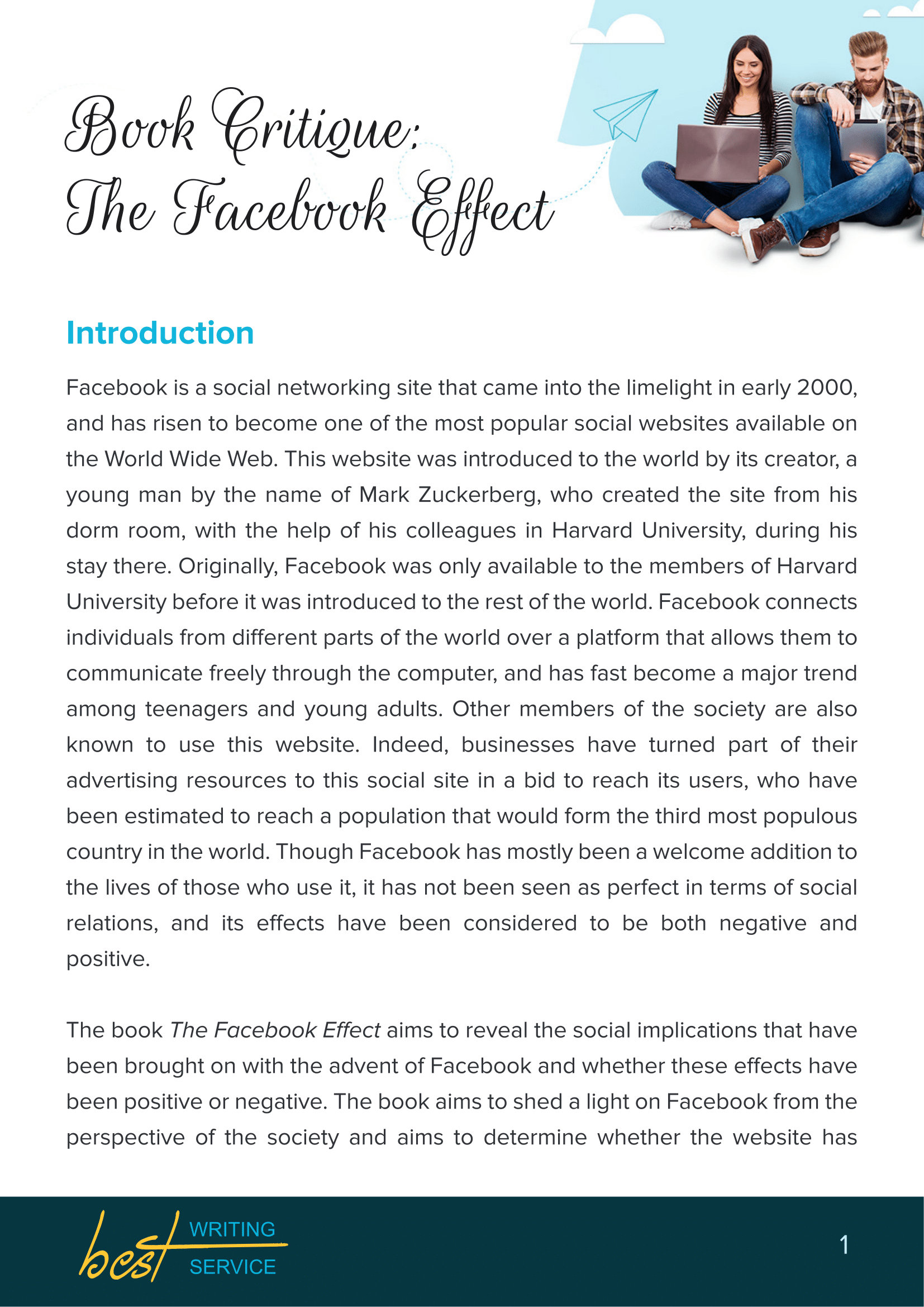1. "The Great Gatsby" by F. Scott Fitzgerald is a classic novel that explores the decadence and moral decay of the Jazz Age. The protagonist, Jay Gatsby, is a mysterious and enigmatic figure who embodies the pursuit of the American Dream. Fitzgerald's writing is lyrical and evocative, capturing the glamour and tragedy of the era. However, some critics argue that the novel is overly romanticized and fails to provide a deeper critique of the societal issues it addresses.
2. "The Catcher in the Rye" by J.D. Salinger is a coming-of-age novel that follows the rebellious and disillusioned teenager, Holden Caulfield. Salinger's writing style is unique and authentic, capturing the angst and confusion of adolescence. The novel has been praised for its candid exploration of mental health and the pressures of conformity. However, some critics argue that Holden's cynical worldview can be off-putting and that the novel lacks a clear resolution.
3. "To Kill a Mockingbird" by Harper Lee is a poignant and powerful novel that addresses themes of racism, injustice, and morality in the American South. The story follows young Scout Finch as she navigates the complexities of her community and learns important lessons about empathy and compassion. Lee's writing is compassionate and insightful, offering a nuanced portrayal of the human experience. However, some critics argue that the novel's portrayal of race relations is overly simplistic and idealized.
4. "1984" by George Orwell is a dystopian novel that explores the dangers of totalitarianism and the erosion of individual freedoms. The protagonist, Winston Smith, rebels against the oppressive regime of Big Brother and struggles to maintain his own sense of identity. Orwell's writing is chilling and thought-provoking, offering a stark warning about the dangers of unchecked power. However, some critics argue that the novel's bleak outlook can be overwhelming and that its message is heavy-handed.
5. "Beloved" by Toni Morrison is a haunting and lyrical novel that explores the legacy of slavery and the enduring trauma it inflicts on individuals and communities. The story follows Sethe, a former slave who is haunted by the ghost of her dead daughter, Beloved. Morrison's writing is poetic and evocative, capturing the pain and resilience of her characters. The novel has been praised for its exploration of memory, identity, and the power of love. However, some critics argue that its nonlinear narrative can be confusing and that its themes are too dark and intense for some readers.

